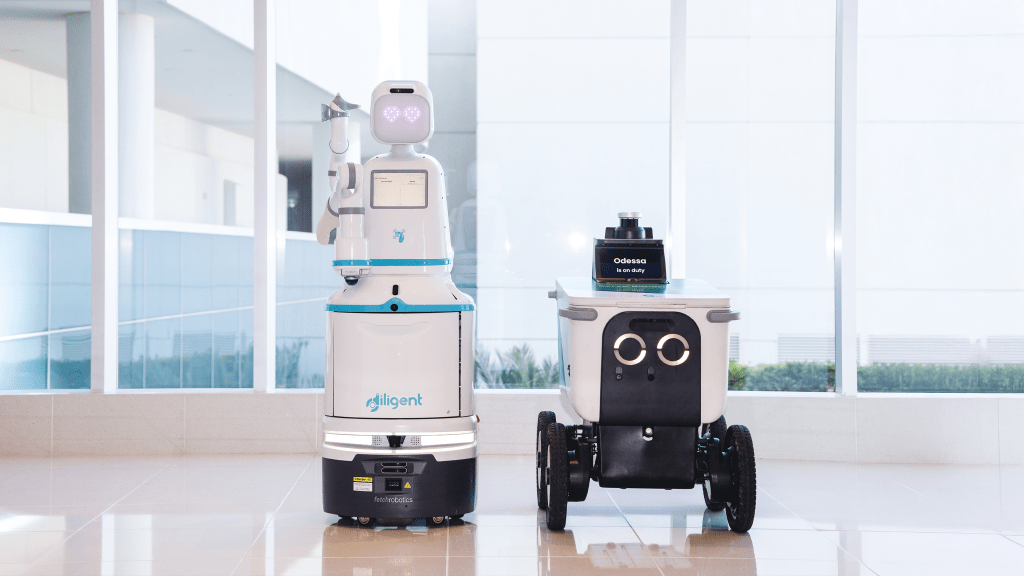Artificial Intelligence (AI) is revolutionizing the transportation sector, reshaping how we commute, deliver goods, and envision urban mobility. At the upcoming TechCrunch Disrupt 2025, scheduled for October 27-29 at San Francisco’s Moscone West, industry leaders will delve into AI’s transformative impact on mobility.
Pioneering Voices in AI-Driven Mobility
Two prominent figures spearheading this transformation are Sachin Kansal, Chief Product Officer at Uber Technologies, and Dave Ferguson, Co-founder and President of Nuro. Their combined expertise offers a comprehensive view of AI’s role in modern transportation.
Sachin Kansal: Steering Uber’s AI Initiatives
Since joining Uber in 2017, Kansal has been instrumental in integrating AI into Uber’s operations. His leadership encompasses global mobility and delivery products, emphasizing safety, sustainability, and autonomous vehicle initiatives. Under his guidance, Uber has harnessed AI to enhance ride-matching algorithms, optimize logistics, and pioneer autonomous driving technologies.
Dave Ferguson: Nuro’s Visionary Approach
Ferguson’s journey in autonomous vehicles began with his contributions to Google’s early self-driving program, now known as Waymo. At Nuro, he focuses on developing scalable autonomous solutions for various applications, including robotaxis, commercial fleets, and personal vehicles. His extensive background in robotics and AI positions him as a leading voice in the field.
AI’s Transformative Impact on Mobility
The integration of AI into transportation is multifaceted:
– Enhanced Safety: AI-driven predictive models and computer vision systems are improving road safety by anticipating potential hazards and making real-time decisions.
– Autonomous Deliveries: Companies like Nuro are leveraging AI to revolutionize last-mile deliveries, offering efficient and contactless solutions.
– Optimized Ride-Hailing: Uber utilizes AI to refine ride-matching algorithms, reducing wait times and improving user satisfaction.
Challenges and Future Prospects
Despite significant advancements, challenges remain. Ensuring the reliability of AI systems, addressing regulatory concerns, and achieving public acceptance are critical hurdles. However, the potential benefits—ranging from reduced traffic congestion to lower emissions—underscore the importance of continued innovation in this space.
Engage with Industry Leaders
Attendees of TechCrunch Disrupt 2025 will have the opportunity to engage directly with Kansal and Ferguson, gaining insights into the future trajectory of AI in mobility. Their session promises to shed light on the evolving relationship between AI and transportation, offering a glimpse into the innovations set to redefine our daily commutes.



